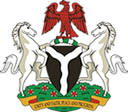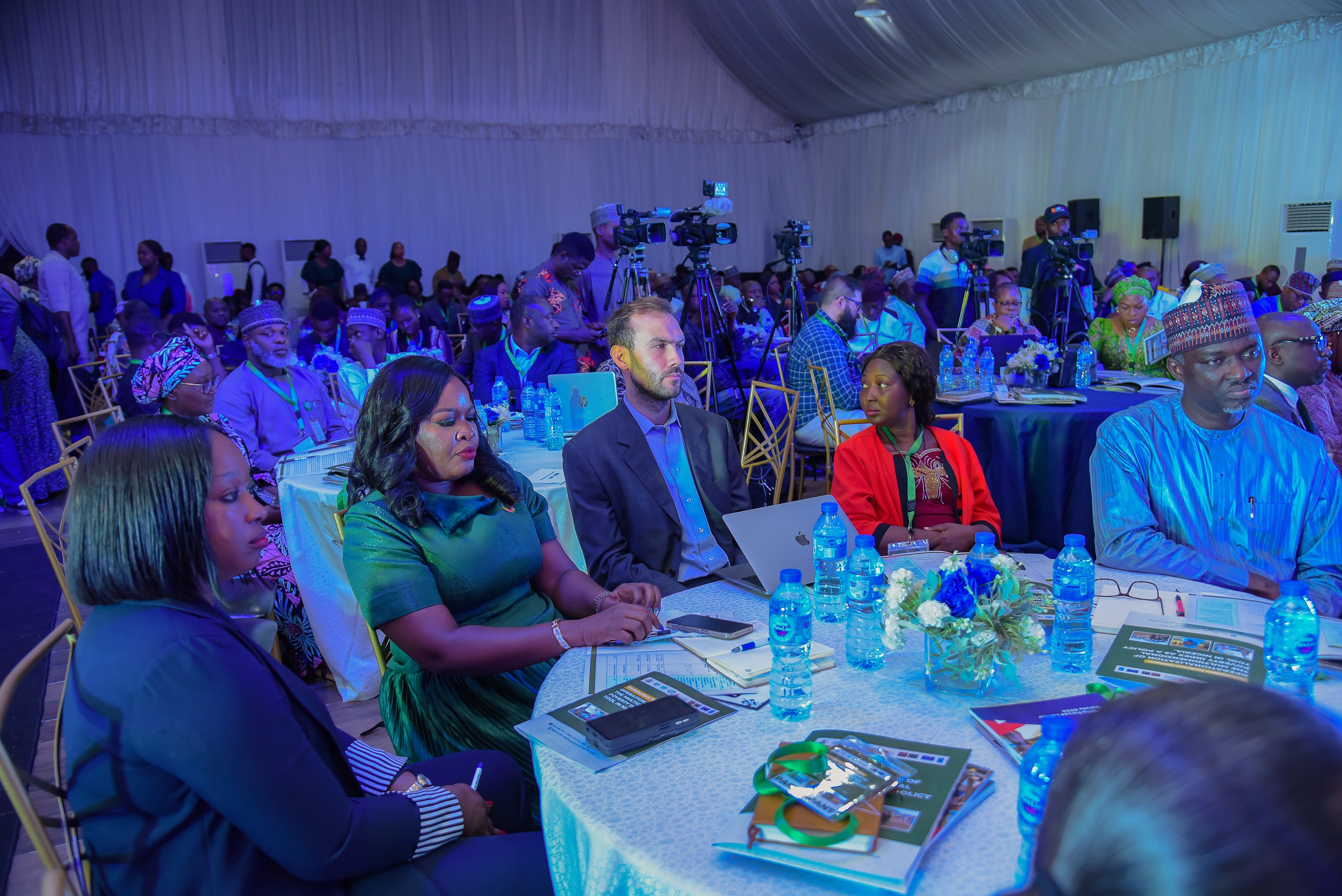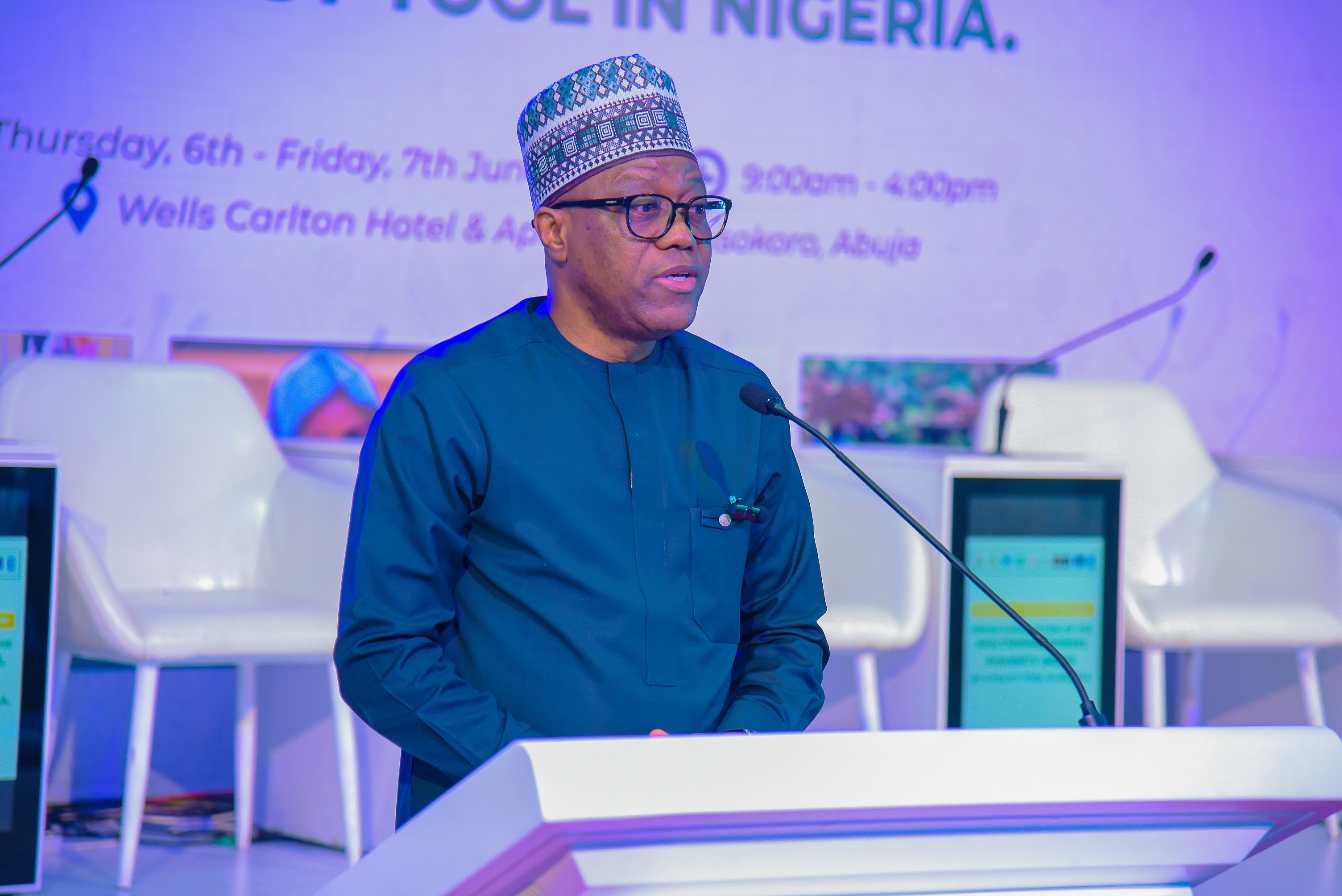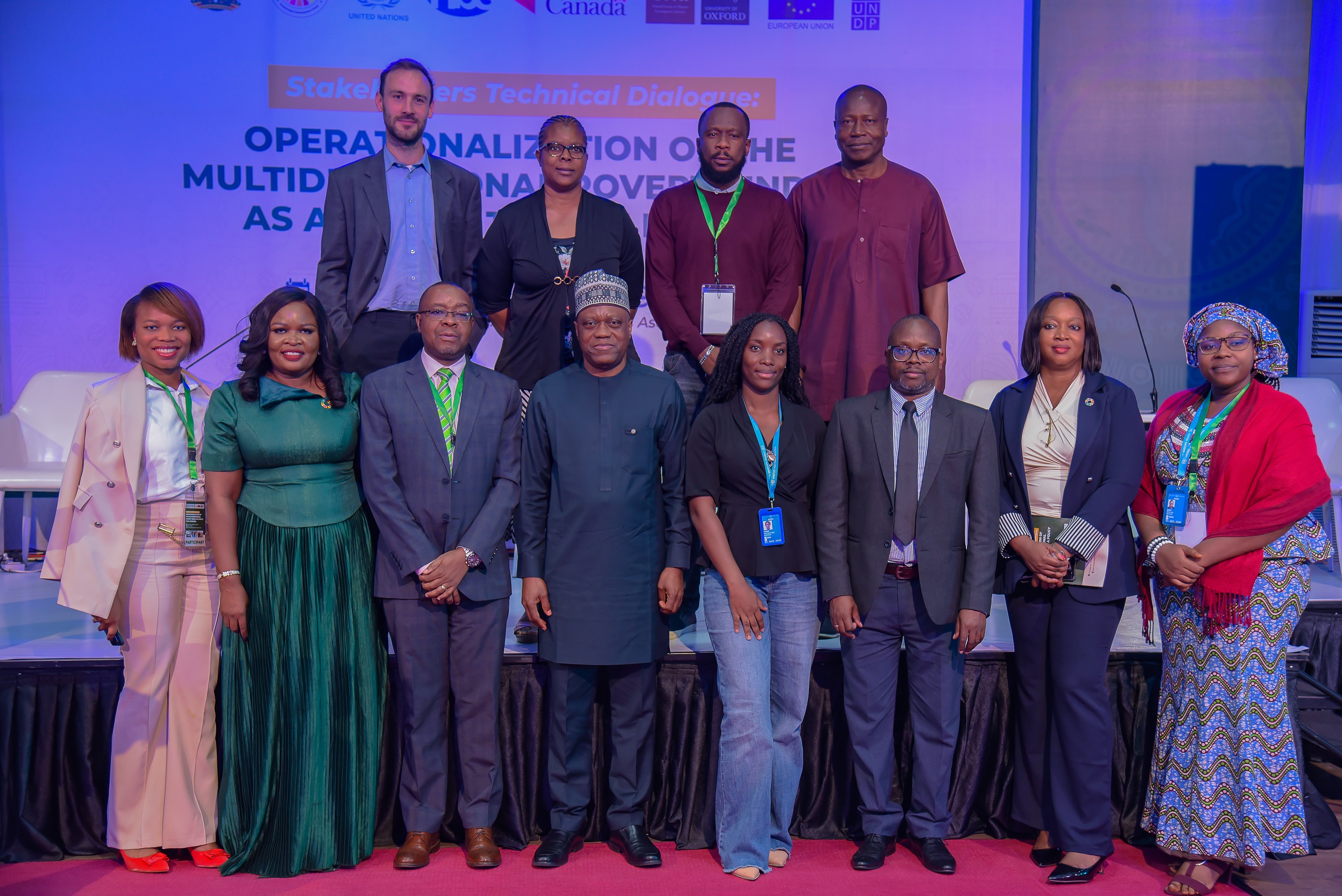-
-
Data Release Calendar
-
17
Notifications
-

-



REMARKS BY THE STATISTICIAN-GENERAL OF THE FEDERATION AND CHIEF EXECUTIVE OFFICER OF NATIONAL BUREAU OF STATISTICS, PRINCE ADEYEMI ADENIRAN, AT THE HIGH-LEVEL STAKEHOLDERS DIALOGUE ON OPERATIONALIZING THE MULTIDIMENSIONAL POVERTY INDEX (MPI) IN NIGERIA
Distinguished Guests, Ladies and Gentlemen, let me welcome everyone to this High-Level Stakeholders Dialogue on the Operationalization of the Multidimensional Poverty Index (MPI) in Nigeria.
This is a significant event holding today when you consider the effort and seriousness of government toward the fight against poverty in all forms. This dialogue has the potential to significantly shape our approach to tackling multidimensional poverty. It will ensure policymakers have the tools they need to succeed in their aims of tackling multidimensional poverty.
You may recall that the National Bureau of Statistics (NBS) in collaboration with the Ministry of Humanitarian Affairs and development partners such as UNDP and UNICEF conducted the first-ever Nigerian MPI survey in 2022. Developed specifically for Nigeria, this MPI, measured poverty using four dimensions - Health, Education, Living Standards, and Work and Shocks.
The primary objective of the survey was to establish a robust poverty database to inform evidence-based policies and programs for short, medium, and long-term interventions. Furthermore, it was also aimed at providing a veritable tool to support budgeting and resource allocation across the different tiers of government in the federation.
Through this survey, we have provided empirical evidence that identifies key factors contributing to the incidence of multidimensional poverty across the country, from the national level, disaggregated down to the Senatorial district level. These factors range from lack of access to basic education, inadequate healthcare, poor living conditions, and limited access to clean water, sanitation, labour, and more.
Accordingly, policymakers now have access to valuable information that can inform them of the specific pattern of poverty and the specific factors that need to be tackled in their domain to reduce the incidence. This is the added advantage that the MPI brings to the table in the fight against poverty.
For us at NBS, and by extension the National Statistical System (NSS), operationalizing the MPI is certainly a welcome development and one that is well overdue. This means going beyond making the necessary data and evidence available, to designing targeted programs and policies to address the issues identified within the data. Only when these two things align (the data and the interventions) that we will begin to see meaningful and sustainable changes in the lives of the citizens confronted with poverty.
Therefore, we need to build on the success of the 2022 MPI survey by ensuring that the data is used for the benefit of the citizens.
Additionally, and equally important too, is the need to continue to invest in continuous training and technical capacity building of personnel to be able to produce these results across the board. It also requires devoting the necessary and adequate resources to produce the data in a timely and sustainable manner, so that the government will have the appropriate tools to effectively monitor and track the impact of the interventions, and where necessary design new interventions to address any lapses. While this means more resources from the government side, it also necessitates, more donor support and assistance, both financially and technically.
While we acknowledge the support already provided by both government and partners, we appeal for more to meet this mandate and task ahead of us.
It might interest you to know that NBS has fully integrated the use of technology for all its data collection activities. Not only do we utilize digital data collection tools to enhance efficiency and accuracy, but we have also integrated Geographic Information Systems (GIS) to enrich traditional survey data and provide spatial analysis of poverty.
The implications of these technological integrations for the data we produce are improved data quality, reliability and more insights for policy decision-making. The establishment of a National Poverty Dashboard Situation Room (PDSR) and the Data Monitoring Lab at the NBS is a tangible testament to our quest to integrate technology into our overall data production process.
As the statutory producer and custodian of socio-economic data in Nigeria, we acknowledge the vital roles that you the stakeholders play in helping us to operationalize the MPI in Nigeria. We will continue to engage with policymakers, government agencies, development partners, and civil society organizations to discuss the importance of the MPI and its implications for policy and program design.
We will also conduct awareness campaigns to inform the public at all levels about the MPI, its significance, and how it can be used to address poverty, while also advocating for the integration of MPI findings into national and regional development plans, ensuring that poverty reduction strategies are informed by robust data.

In closing, I would like to re-emphasize that a technically competent, well-resourced, and technology-driven statistical system is pivotal to the effective operationalization of the MPI in Nigeria, and NBS, as the coordinator of the NSS, is committed to this quest, and will do all within our powers to ensure the success of it.
Let me conclude by thanking everyone for making time to be at this dialogue. I would like to especially appreciate, our boss, the Honourable Minister of Budget and Economic Planning His Excellency, Senator Abubakar Atiku Bagudu, for his immense and consistent support of data production, capacity building for our staff, and statistical development in Nigeria, which has given us the confidence and latitude to keep expanding our data production activities, thank you, sir, for this support.
I would also like to acknowledge and appreciate the assistance and support from partners and collaborators such as UNDP, EU, Canadian High Commission, the Office of the Senior Special Assistant to the President on Sustainable Development Goals (OSSAP-SDGs), UN Women, and OPHI. We look forward to further engagement as we look to institutionalize and operationalize the MPI in Nigeria, for the benefit and progress of our people.
God bless the Federal Republic of Nigeria.